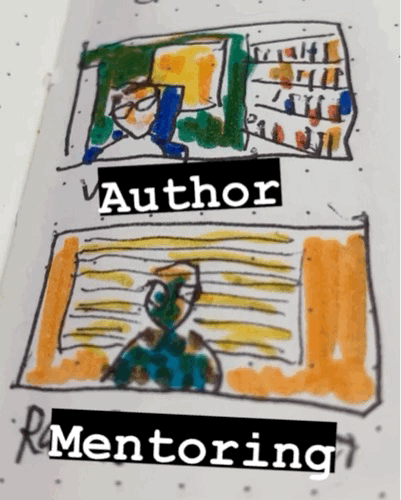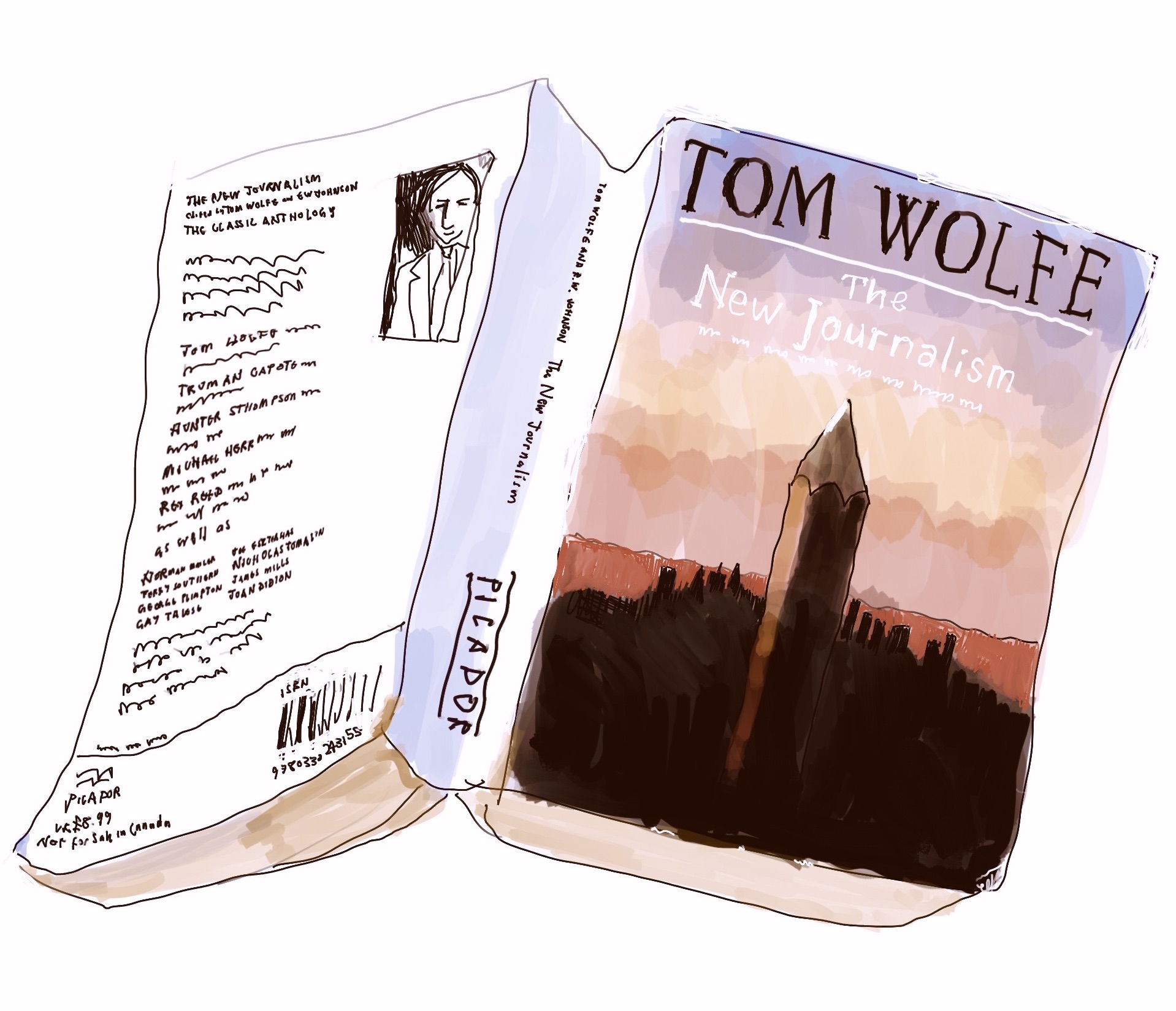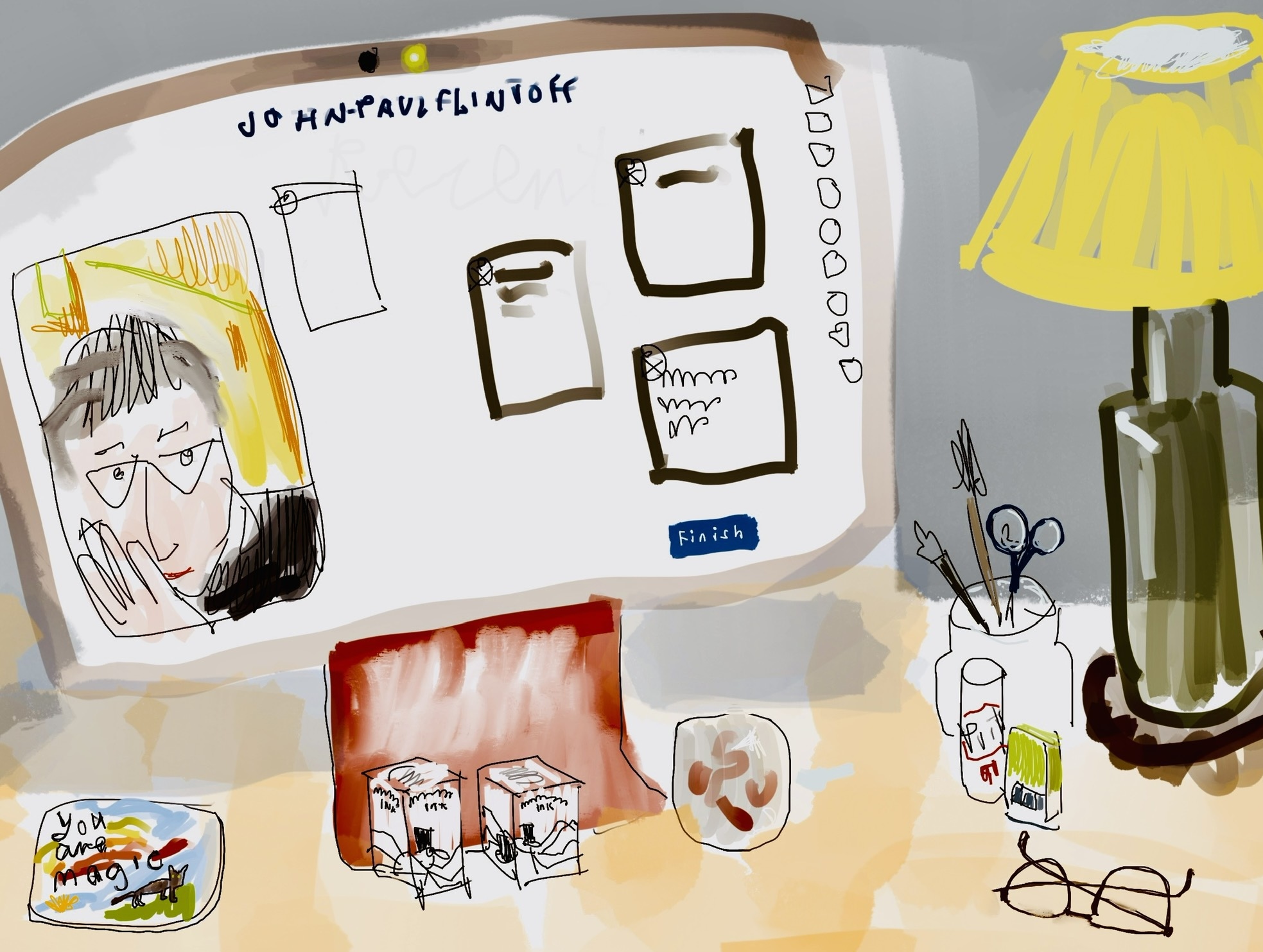Many people dream of writing a book – but freak out and never do it, precisely because it is a book.
The investment of time seems vast, the readership is unfamiliar, and the writing itself requires mastery of new skills.
I know how overwhelming it can be.
For a start, there’s the problem of self-belief. “Who do you think you are?”, kind of thing.
Well, every writer starts with imposter syndrome. Even Shakespeare. Here he is, feeling like a fraud for attempting to write from the point of view of a woman:

I made that up, obviously, but you get the idea. The point is that if you want to write, you should write.
The key thing is to get started, and get lots of ideas down before you start finding fault with them.

What other people might think about your writing is a matter for another day. But not now.
How to start
As with any kind of communication, the first thing to consider is not What To Write but what you want to achieve by it.
You needn’t tell anyone else exactly what your motive is, but try to be clear about it yourself. And keep thinking about it, because it will probably change.
When I look back at my own motive for writing books, I can see several changes. At first, I was just desperate to publish a book.
Any book!
I wanted to be a writer!
I looked for a subject that might give me the best chance of that – something about which, despite my youth, I had expertise. Something nobody else could have written in exactly the same way.

Looking back, I remember that I came up with motives that sounded a bit nobler, to share with people who might ask. I had less noble motives too (“I’ll show them! This will set the record straight!”) but didn’t share those.
What about you?
What makes you so keen to write a book? Why should YOU write it? How will readers be changed (even slightly) by reading it?
Writing is easier when you don’t do it alone
In the last few years I’ve mentored several talented writers. Most (not all) had publishing deals already.

The work has been very hands-on.
Sometimes it’s like ghostwriting, with me actually coming up with text. More often, I’m like an editor, making comments and suggestions – at sentence level and for the book as a whole.
You might be surprised to learn that even authors with publishing contracts can be poorly supported by time-pressed editors. These authors pay me to fill the gap.

Mostly, the people I work with are writing non-fiction. But every story is shaped like fiction, and you’ll write better if you remember that.
I learned it working as a journalist, working full-time at Financial Times, The Guardian, The Sunday Times. I specialised in long magazine stories that used techniques from fiction – scene-setting, dialogue, cliffhangers – to keep readers reading.

Since leaving full-time journalism, I’ve published seven books of my own (in 16 languages): non-fiction, fiction, poetry, illustration, memoir and how-to.
Some were commissioned, others written on spec. So I know what it’s like to write with support, and without.
It’s easier WITH
If you’ve read this far (and I see that you have!) you might like to know how I work with authors.
Well, there are several different ways – because authors have different budgets.
Well, I frequently teach residential courses. I’ve been doing that for several years with Arvon, the foundation set up by Ted Hughes. I’ve met people who were just dipping a toe into writing, and others determined to write a book.
Some of those determined individuals have asked me to work with them one-to-one. Additionally, I’ve had authors get in touch after landing a book deal.
For writers who work this way with me, I offer 2 × 60min Zoom sessions each month, to discuss work in progress. I’ll read as much as 5,000 words beforehand, make suggestions on paper, and send it back.

We record the Zoom sessions and I give writers full access to the transcript and an AI tool I use myself to “interrogate” the transcript for additional ideas. Some have told me they listen again and again to the recordings, at faster than normal speeds, while driving or cooking or whatever.
Recently, I’ve become aware of a real gap between the toe-dipping at Arvon and the intensive (expensive!) work with individual authors over several months.
And so I’ve created a rolling programme, with a small group of people who are serious about writing and publishing a book.